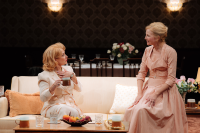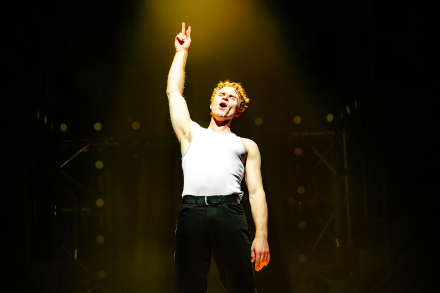Del Toro’s Frankenstein offers nothing new
FilmGuillermo del Toro’s Frankenstein stars Oscar Isaac (Baron Victor Frankenstein) and Jacob Elordi (‘the creature’) and retells the basics of Mary Shelley’s story – man creates monster, man rejects monster, monster goes off on one – with high-camp sumptuousness. Del Toro’s spin is to include a redemptive arc, plus he throws in some invented characters.






























